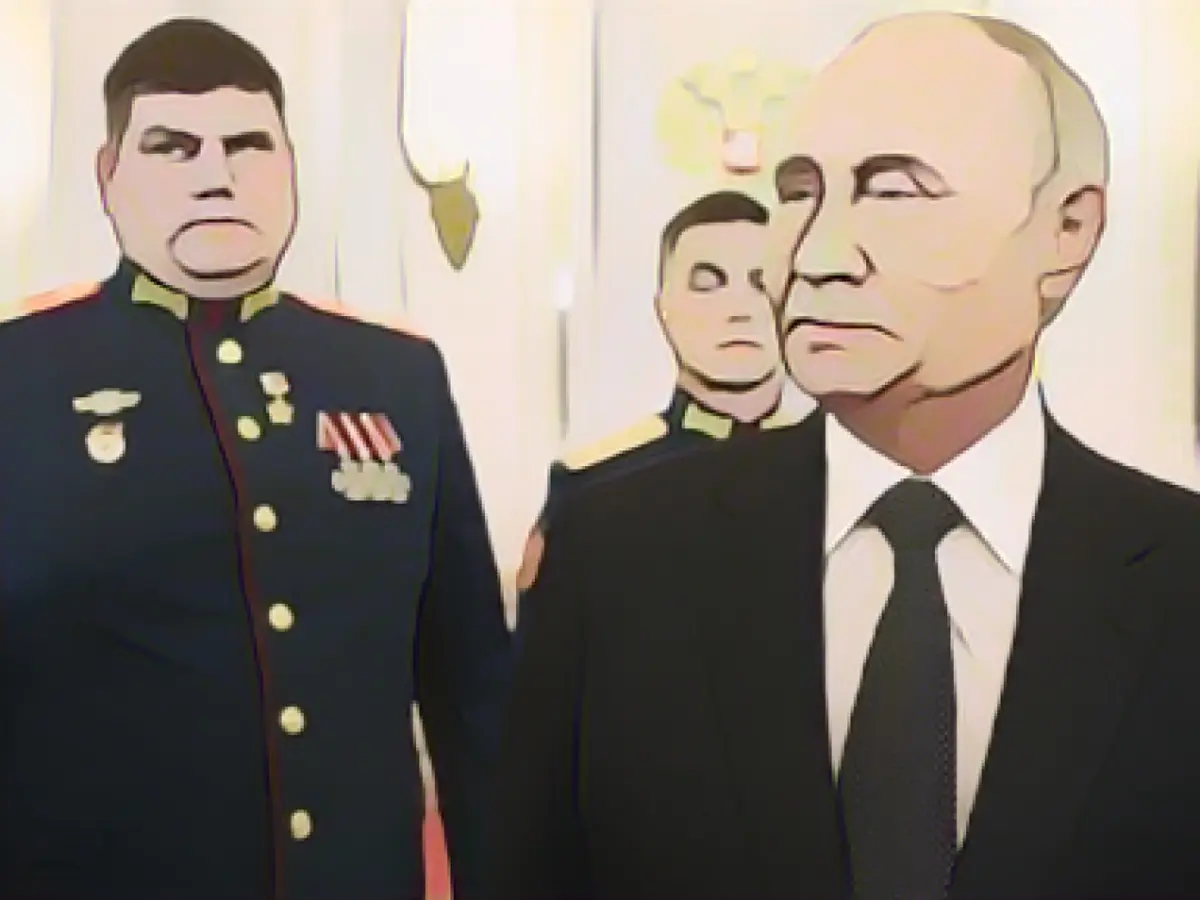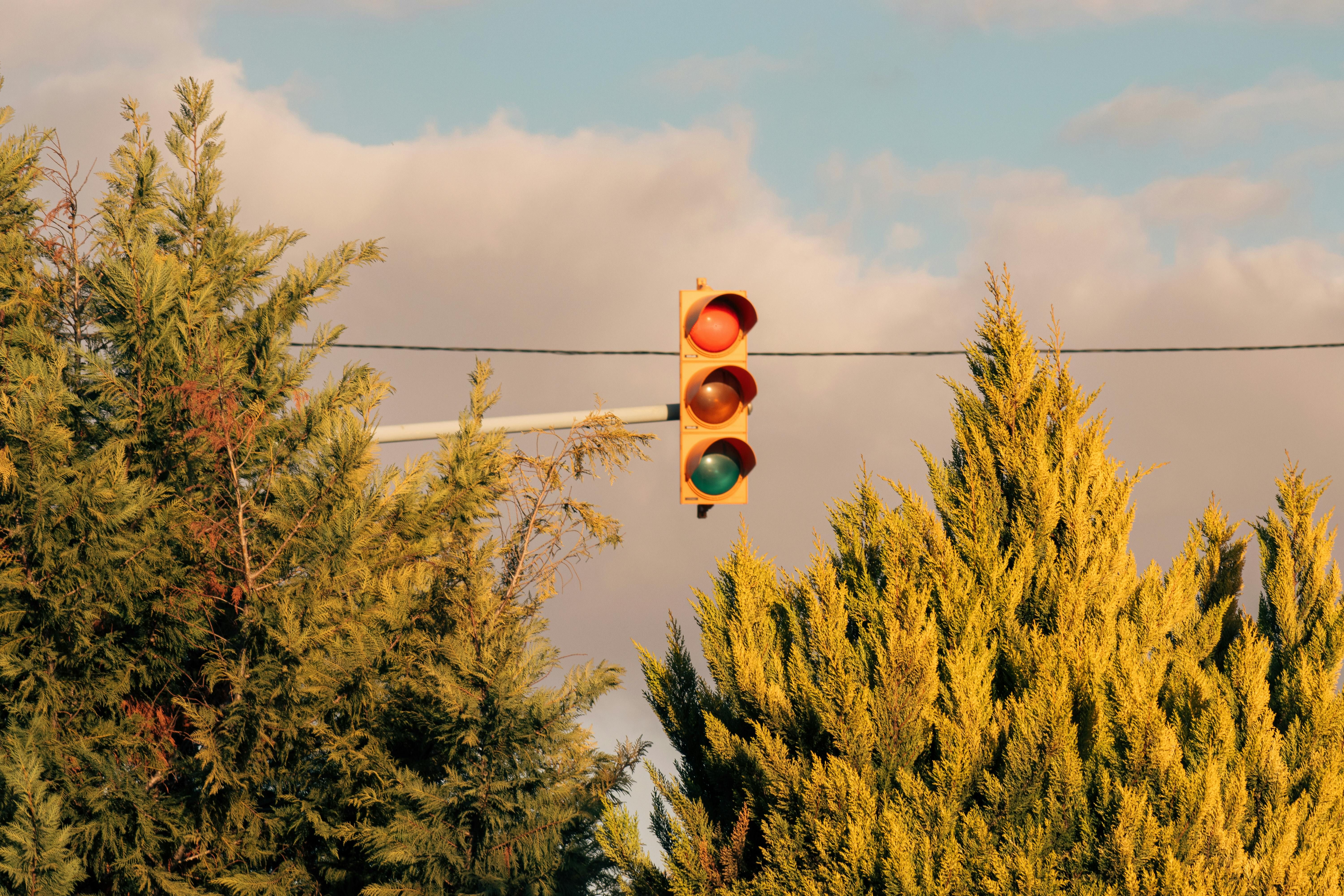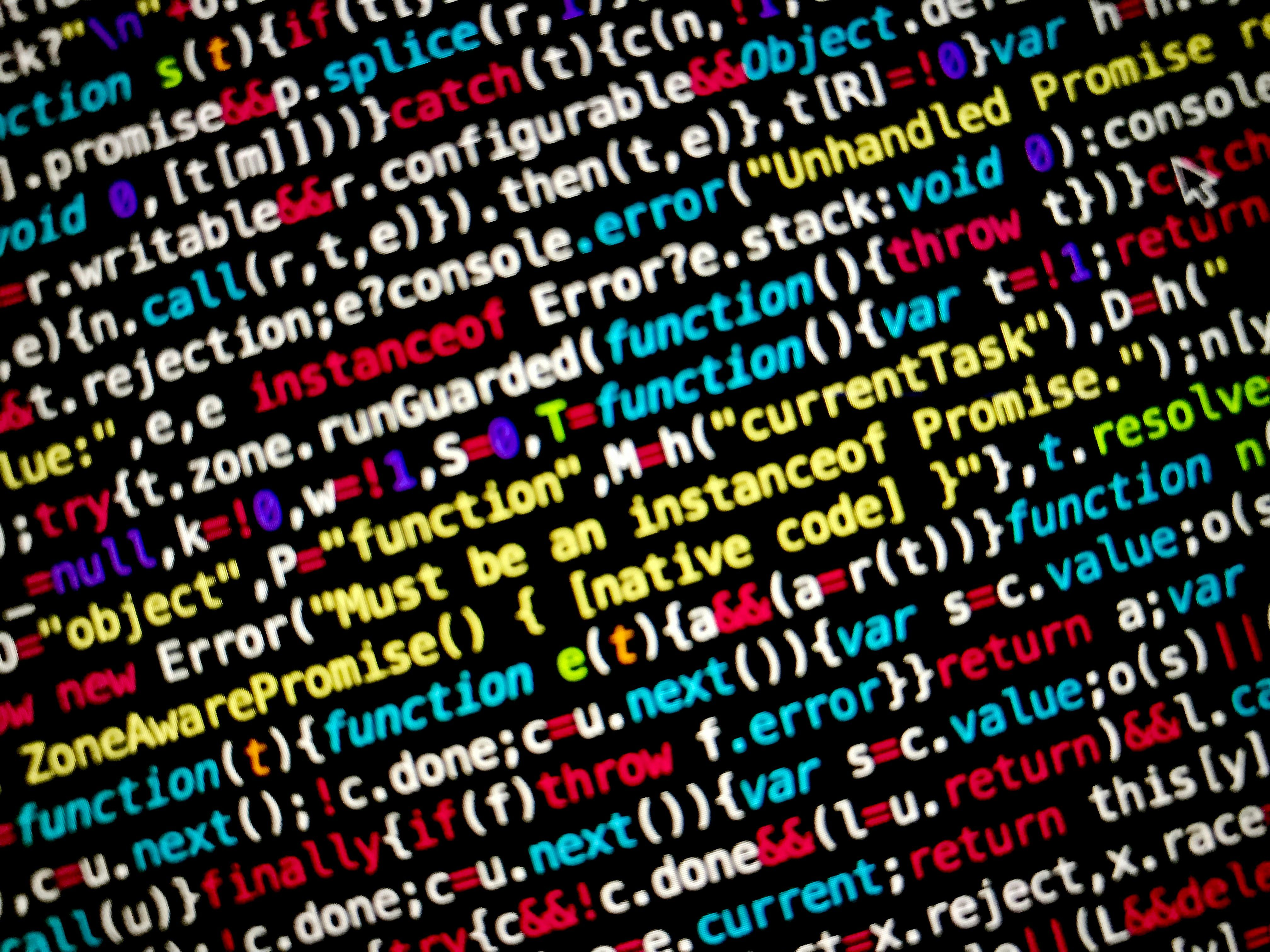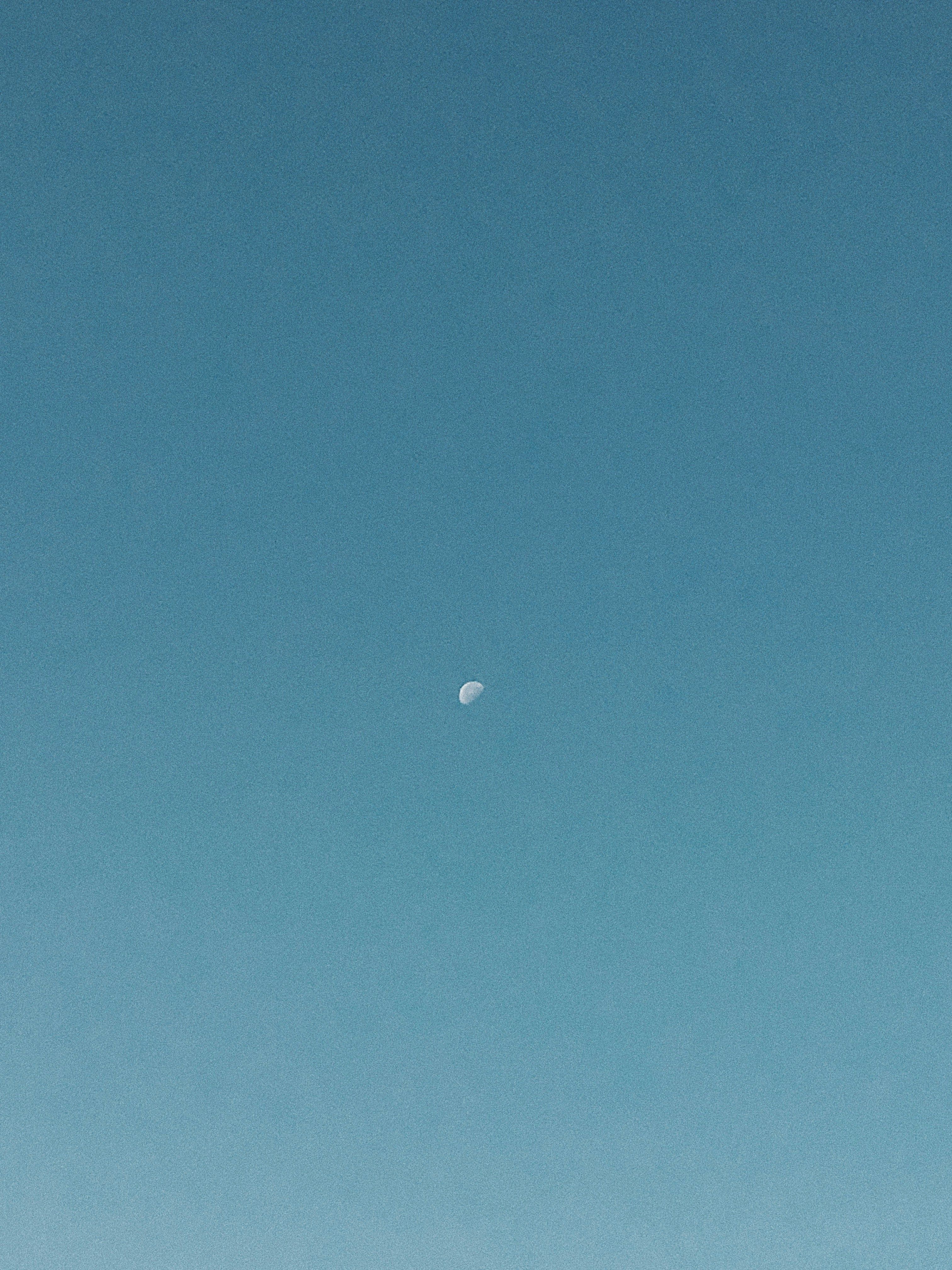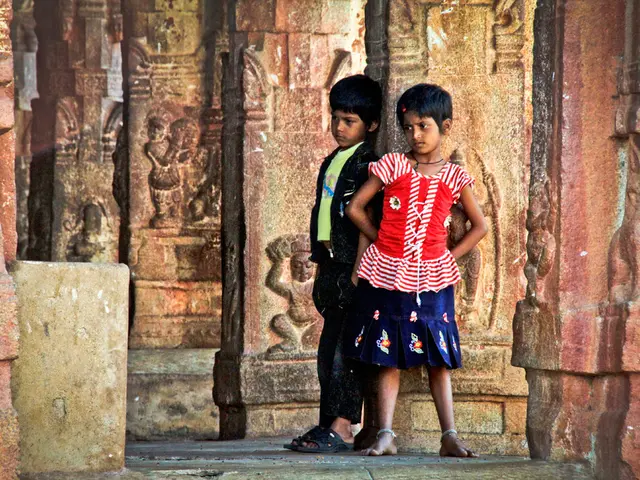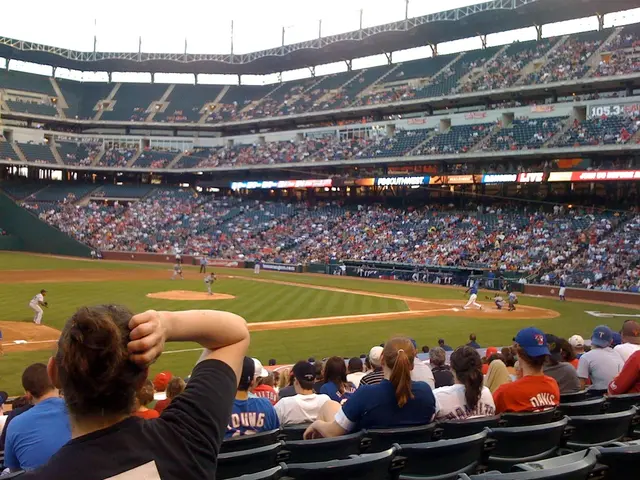In a recent revelation, Russian news agency RIA Novosti reported that President Vladimir Putin discussed his potential candidacy for the 2024 presidential election with a Russian officer stationed in Ukraine. Following this, the Central Election Commission announced the election dates, scheduled for March 15-17, 2024.
Though Putin has not officially declared his intentions, Russia's suppression of the opposition and the alleged irregularities in elections have raised questions about the fairness of the upcoming election. Some critics argue that the three-day election duration increases the election's opacity, while election observers and the opposition continue to claim irregularities and the Kremlin's exclusion of independent candidates.
In 2020, Russia introduced multi-day elections as a measure against COVID-19, a move that was also adopted during a five-day referendum on extending the Russian president's term of office, allowing Putin to remain in power until 2036. Critics point out that this extended term allows Putin an unprecedented grip on Russian politics.
Putin's potential re-election has sparked international interest, with analysts scrutinizing his foreign policy moves – including tensions with Ukraine and relations with major powers like the U.S. – and domestic policy changes to predict the future of Russia's political landscape.
Some experts suggest that Putin's approval ratings may reflect superficial support driven by political apathy rather than genuine loyalty to his policies. Meanwhile, others argue that, despite the critiques, Putin's position remains unassailable, given the controlled and repressive political climate in Russia.
[1]: International observers raised concerns over the lack of fairness and transparency in the 2024 Russian elections.
[2]: Russia's political system has been transformed into an authoritarian dictatorship under Putin's rule, with little to no opposition.
[3]: The opposition in Russia has been severely suppressed, and independent media outlets have either been shut down or taken over by the state.
[5]: Russian polls indicate a surge in support for Putin's re-election; however, this support may be driven by political apathy and the lack of viable alternatives.
